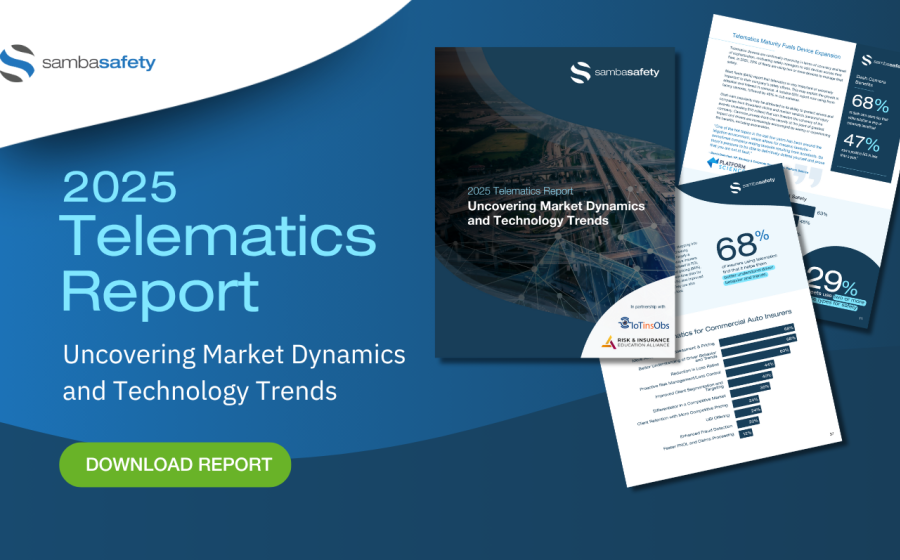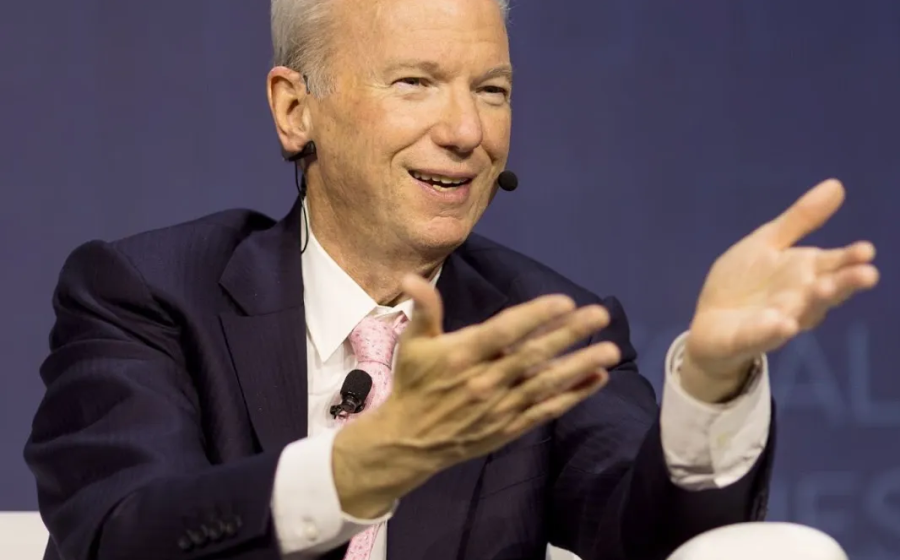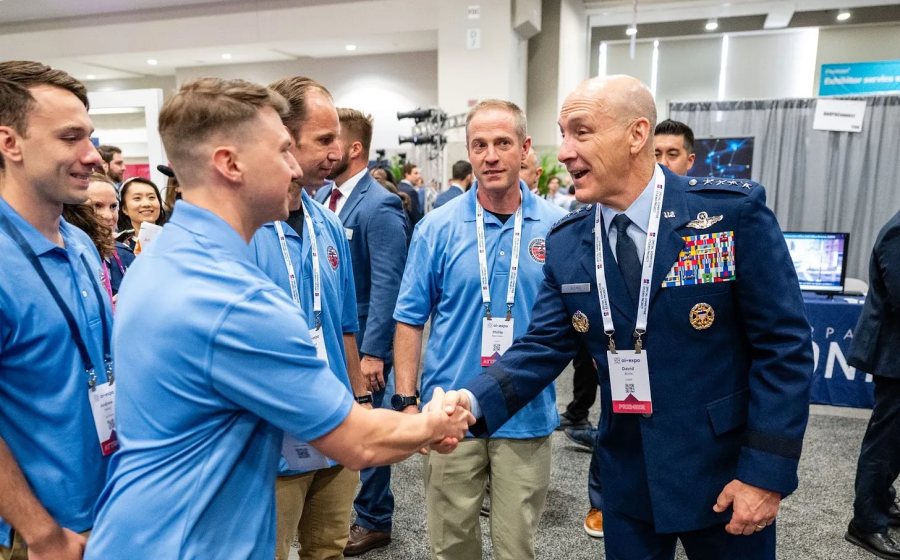Does AI Make a Good Intelligence Digital Case Officer?
(NewsUSA) - Emerging sophisticated artificial intelligence (AI) is poised to drive the most profound changes to the world of spy craft since the advent of the internet, according to experts at the Special Competitive Studies Project (SCSP), a nonprofit and nonpartisan initiative with a goal of making recommendations to strengthen America's long-term competitiveness in AI.
- Emerging sophisticated artificial intelligence (AI) is poised to drive the most profound changes to the world of spy craft since the advent of the internet, according to experts at the Special Competitive Studies Project (SCSP), a nonprofit and nonpartisan initiative with a goal of making recommendations to strengthen America's long-term competitiveness in AI.
“Advances in virtual- and augmented-reality technologies, robotics and autonomous systems, and large-scale data analysis capabilities present both an existential challenge to traditional human intelligence operations and a once-in-a-generation opportunity for transformation,” said Ylli Bajraktari, president and CEO of SCSP, in a recent report.
Key advances including multimodal AI, which can process and generate text, images, video, and audio, opens new opportunities for information gathering and exploitation.
In the private sector, companies involved in customer service are increasingly using AI tools to develop chatbots that provide companionship, advice, and mental health therapy. However, more nefarious entities may use these same tools to persuade users to take actions against their interests.
An AI tool could likely be used to persuade someone to divulge proprietary corporate data or betray their country, particularly if the AI were backed with the resources and kills of a professional national intelligence service, according to SCSP experts.
To prepare for and operate in this new landscape, the SCSP offers several recommendations for how the U.S. intelligence community can leverage AI in spy craft:
-Identify targets. AI can synthesize data sets to identify potential spy targets and prioritize intelligence assets according to access, motivation, and vulnerability.
-Assess and develop. AI technology can be used to analyze digital footprints and develop detailed psychological profiles. Hyper-realistic personas can engage spy targets and build trust and rapport. In addition, AI can manage hundreds of developmental conversations at once.
-Recruit and handle. AI also can create personalized recruitment pitches based on a spy target’s specific grievances or motivations, and also provide real-time operational security advice to targets after recruitment.
Importantly, the objective of AI in spy craft is not to replace human officers, but to empower them and serve as force multipliers, the SCSP experts note in their report. The human-machine team will be key to success; AI will handle data processing, which frees case officers to focus on the high-value work of making nuanced judgments, managing the psychology of the asset-case officer relationship, and overseeing high-stakes operations.
Any expansion of AI in espionage, must involve Meaningful Human Control (MHC). At every critical juncture, especially the final decision to recruit, the tasking of an asset, or actions that pose significant risk to the asset or U.S. national security interests, an accountable human must be able to exercise final judgment,” Bajraktari emphasized.
Visit scsp.ai to learn more.



 - The United States and India sit front and center in the global emerging technology competition, and a recent meeting have sparked promising collaboration.
- The United States and India sit front and center in the global emerging technology competition, and a recent meeting have sparked promising collaboration.
 - Until now, one of the most widely used Internet of Things (IoT) networks has operated quietly behind the scenes, powering smart cities, tracking shipments, and protecting public spaces. For years, it has connected the world around us and now, the same technology that powers smart cities is starting to enter your home.
- Until now, one of the most widely used Internet of Things (IoT) networks has operated quietly behind the scenes, powering smart cities, tracking shipments, and protecting public spaces. For years, it has connected the world around us and now, the same technology that powers smart cities is starting to enter your home.
 - As autonomous vehicles (AV) continue to evolve, consumers may be on the cusp of a new age of autonomous mobility, according to experts at the Special Competitive Studies Project (SCSP), a nonprofit and nonpartisan initiative with a goal of making recommendations to strengthen America's long-term competitiveness in AI.
- As autonomous vehicles (AV) continue to evolve, consumers may be on the cusp of a new age of autonomous mobility, according to experts at the Special Competitive Studies Project (SCSP), a nonprofit and nonpartisan initiative with a goal of making recommendations to strengthen America's long-term competitiveness in AI.
 - Obscure lawsuits don’t just hurt corporations—they can hit consumers’ wallets and limit their choices.
- Obscure lawsuits don’t just hurt corporations—they can hit consumers’ wallets and limit their choices.
 - The federal government’s release of America’s AI Action Plan marks the most consequential artificial intelligence policy development of the current administration to date, according to experts at the Special Competitive Studies Project (SCSP), a nonprofit and nonpartisan initiative with a goal of making recommendations to strengthen America's long-term competitiveness in AI.
- The federal government’s release of America’s AI Action Plan marks the most consequential artificial intelligence policy development of the current administration to date, according to experts at the Special Competitive Studies Project (SCSP), a nonprofit and nonpartisan initiative with a goal of making recommendations to strengthen America's long-term competitiveness in AI.
 - Commercial auto insurance and fleet safety are meeting the demands of modern-day risk management by analyzing telematics, but more work is needed to optimize this information and put it into action in the industry, according to results of a new report from SambaSafety, the leading provider of cloud-based driver risk management solutions.
- Commercial auto insurance and fleet safety are meeting the demands of modern-day risk management by analyzing telematics, but more work is needed to optimize this information and put it into action in the industry, according to results of a new report from SambaSafety, the leading provider of cloud-based driver risk management solutions. - From safer football helmets to groundbreaking laws that protect inventors, this year’s Intellectual Property Owners Education Foundation (IPOEF) award winners prove that one idea, when protected, can change everything.
- From safer football helmets to groundbreaking laws that protect inventors, this year’s Intellectual Property Owners Education Foundation (IPOEF) award winners prove that one idea, when protected, can change everything.
 - The evolution and impact of AI, especially with respect to national security, is poorly understood, but the explosion of knowledge is unprecedented, according to Dr. Eric Schmidt, chair of the Special Competitive Studies Project (SCSP).
- The evolution and impact of AI, especially with respect to national security, is poorly understood, but the explosion of knowledge is unprecedented, according to Dr. Eric Schmidt, chair of the Special Competitive Studies Project (SCSP).
 - The second AI+ Expo took place in Washington, D.C., from June 2-4, 2025, and served as a stark reminder of the lightning pace of AI development, according to Ylli Bajraktari, president of the Special Competitive Studies Project (SCSP).
- The second AI+ Expo took place in Washington, D.C., from June 2-4, 2025, and served as a stark reminder of the lightning pace of AI development, according to Ylli Bajraktari, president of the Special Competitive Studies Project (SCSP).
